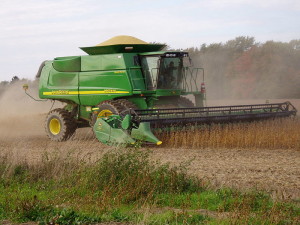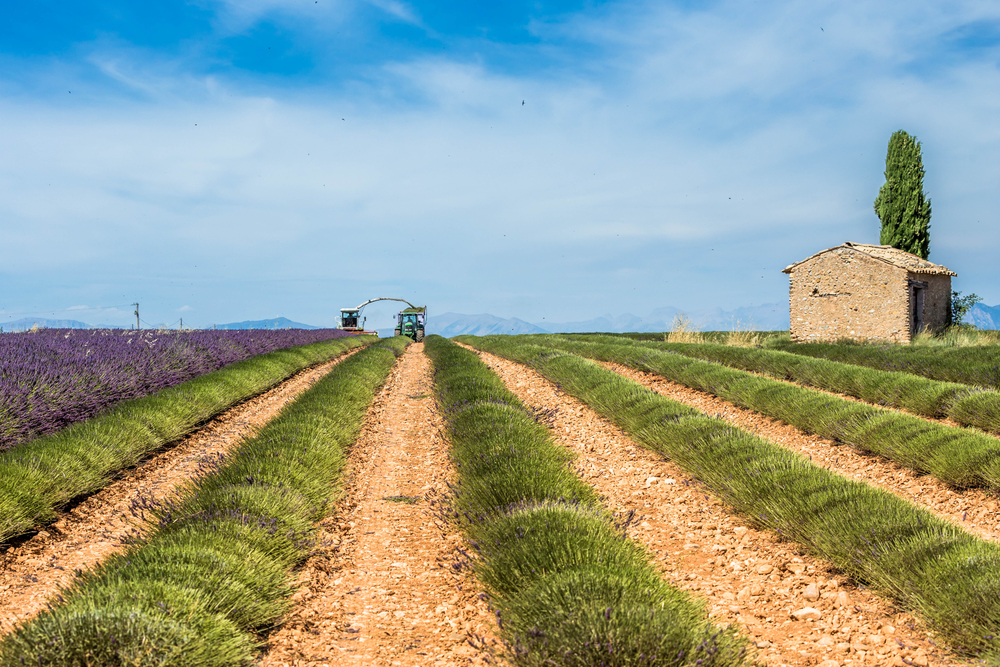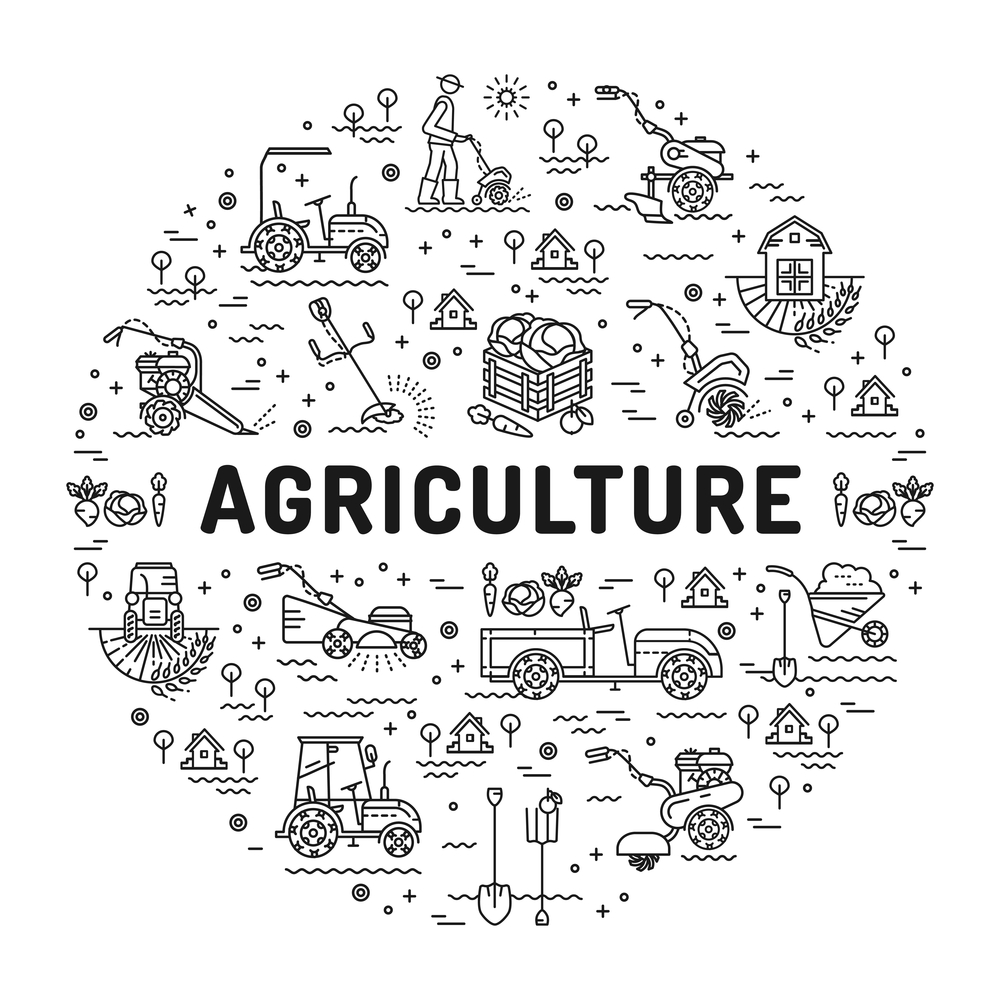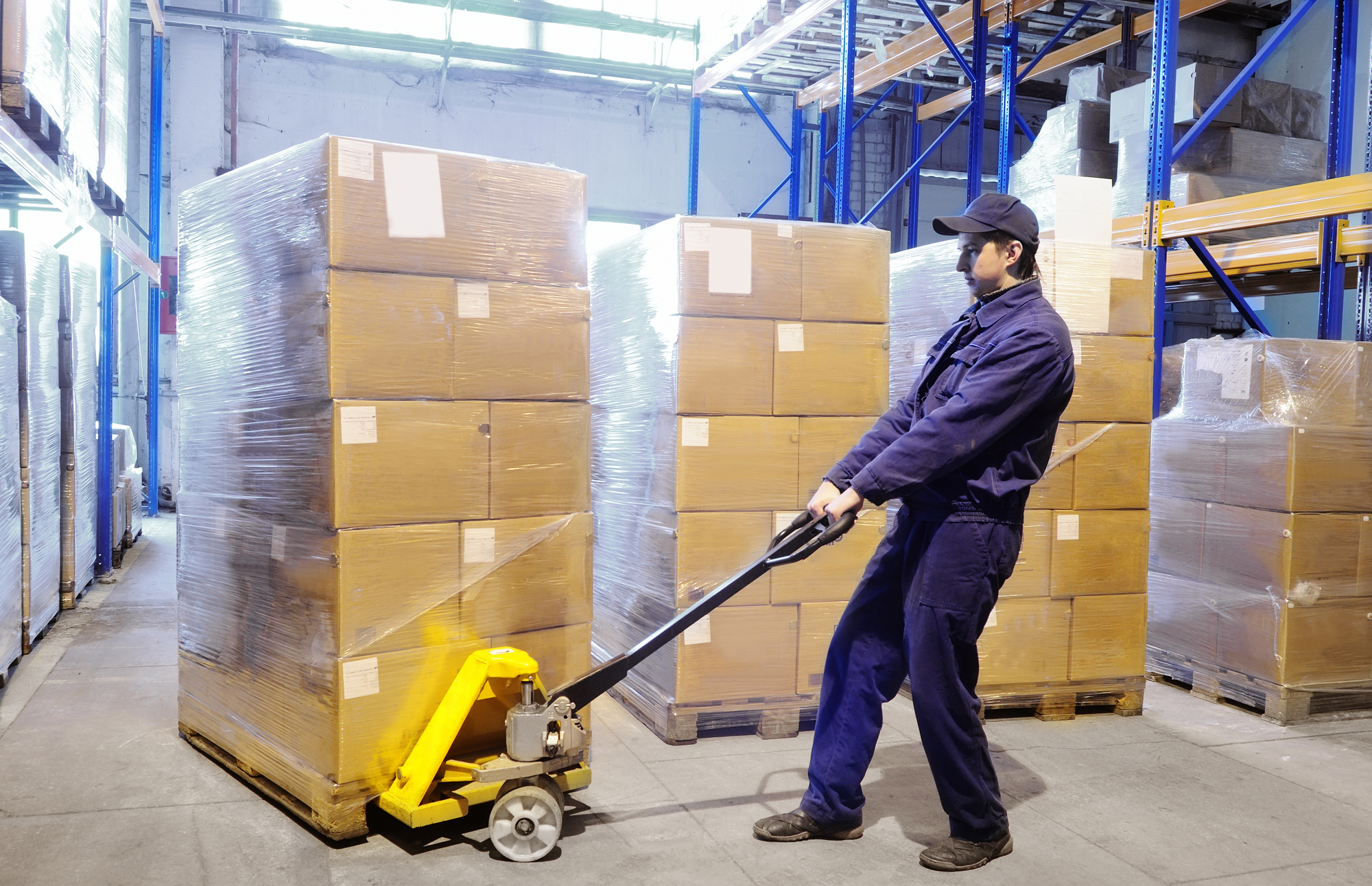Starting any business requires a lot of planning and forethought, but beginning an agricultural business is a unique challenge. Western Packaging is very familiar with the agricultural business, and we think these steps for how to start your own farming business are beneficial. Knowledge is potential power, and we want to ensure you go into your agricultural processing business informed and confident.
Create Your Business Plan
It is one thing to have a vision in your head and another to have it on paper. It is another thing actually to start and move forward. Putting a clear and concise course of action down on paper will help you stay organized and help you share your ideas with others so they can touch, see, and feel.
Once you have completed your business plan, such as building the foundation for starting agricultural business opportunities, others can review and support your ideas. After completing your business’s foundation, you can work on spreadsheets, budgets, and other financial documents.
Find A Support System
Surround yourself with like-minded individuals. Not just those who own farms but a variety of people who can give you sound advice on different aspects of the agriculture industry. You will want to meet with the USDA to discuss your business plan, land purchase, and how to reach your goals.
Between the USDA and other farming industry organizations, they will guide and direct you to funding, grants, and other helpful resources for agricultural startups. Make sure that you visit the USDA website and search for all the required information you need to bring before you meet with them. Be prepared, schedule an appointment, and get an advisor if you wish to help with some things you think are unfamiliar or intimidating.
Continue Your Education
You should never stop learning. Until you leave this earth, continuing your education should be a priority. Whether visiting your local bookstore or extending your college education, you should keep finding ways to learn more. Agricultural practices continue to change, and approaches to farming are constantly fluctuating. It is in your best interest to stay on top of these things.
Many organizations have programs and classes for new farmers. Take advantage of anything free and use these opportunities to network, get started, and build connections.
Structure Your Business
When you start your own business, you must determine how you want to set up your agriculture business. You can do this in various ways: partnerships, sole proprietorship, limited liability corporations, corporations, and standard corporations. Once you do this, you can register your business name with your state department.
Afterward, you can get an EIN number through the IRS and register for state and local taxes. You will want a list of all the permits and licenses you need to operate your agriculture business. If you plan on hiring employees, make sure you understand your responsibilities as an employer.
Do Your Financing Research
No matter the amount of money you need to finance your venture, you need to do your research. Talk with other farmers about their lenders and interview farming organizations like the USDA to find lenders that work with the unique needs of the agricultural industry. Research online and call highly-rated banks.
Consider Climate, Soil Quality, And Accessibility
When selecting the ideal location for your agricultural business, it’s imperative to consider the following:
Climate
Climate plays a significant role in determining the crops or livestock you can produce successfully. For instance, if you’re planning to grow crops, choose a region with a favorable climate that provides adequate sunlight, water, and temperature variations throughout the growing season. Similarly, if you’re raising livestock, consider the climate’s impact on their well-being, like temperature extremes or humidity levels.
Soil Quality
Soil quality is another crucial factor to consider when selecting a farm site. Conduct soil tests to assess its fertility, drainage, and composition, as different crops thrive in various soil types. Ensure the soil is suitable for your intended activities, and consider soil management practices to improve its quality if necessary. Also, evaluate the availability of water resources for irrigation. Access to reliable water sources is essential for crop production, especially in arid regions or during droughts.
Accessibility
Accessibility is also vital for the success of your agricultural business. Choose a location with easy access to roads, railways, and ports to facilitate the movement of products and equipment. Proximity to markets and distribution channels can also reduce transportation costs and enhance the competitiveness of your products. When selecting your farm site, one should consider the proximity to suppliers, support services, and potential labor pools.
Get Permits And Licenses
Securing necessary permits and licenses is essential for legal compliance in your agricultural business. Start by researching the regulations and requirements governing agricultural operations in your region, including zoning laws, environmental regulations, and health and safety standards. Get the required permits, licenses, and certifications from local, state, and federal authorities.
Equipment
Investing in essential equipment and infrastructure is crucial for the efficiency and productivity of your agricultural operations. Assess your needs based on the farming activities you plan to undertake: crop production, livestock farming, or agribusiness services. Purchase high-quality equipment like tractors, harvesters, irrigation systems, and storage facilities to support your production processes.
Insurance Coverage
When selecting insurance coverage for your agricultural business, work with a knowledgeable insurance agent or broker who understands the complexities of the farm industry and can help you assess your insurance needs.
Comprehensive insurance coverage can provide financial security in the face of various risks. Property insurance can protect your farm buildings, equipment, and inventory against damage or loss caused by fire, theft, vandalism, or severe weather. Crop insurance can mitigate the financial impact of crop failures, yield losses, or price fluctuations due to adverse weather conditions, pests, or diseases.
Liability insurance is also crucial for agricultural businesses, as it protects against third-party claims for bodily injury or property damage. This includes accidents involving farm machinery, contamination of neighboring properties, or foodborne illness outbreaks linked to your products. Liability insurance can cover legal expenses, settlements, and damages awarded in lawsuits.
Consider specialized insurance coverage like livestock mortality insurance, agricultural pollution liability insurance, or business interruption insurance. These policies can provide additional protection against risks that standard insurance policies may not address.
Call Us Today
Western Packaging has all of your packaging needs and more. We can help ensure that your agriculture goods are packed in a way that is visually appealing and safe throughout their haul. We also carry other accessories and supplies to help you with your needs, including learning how to start an agricultural business. Give us a call today.






Sorry, the comment form is closed at this time.